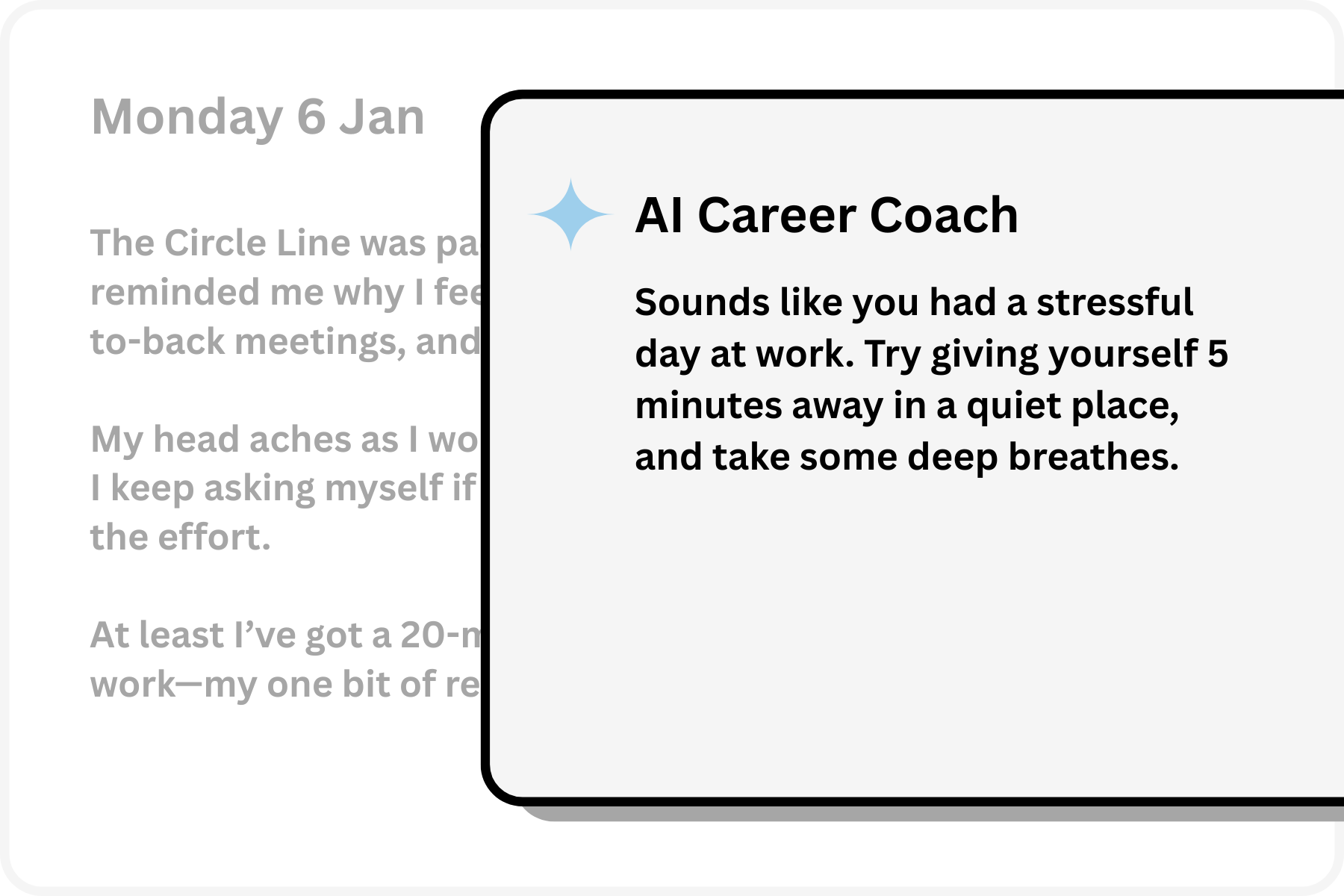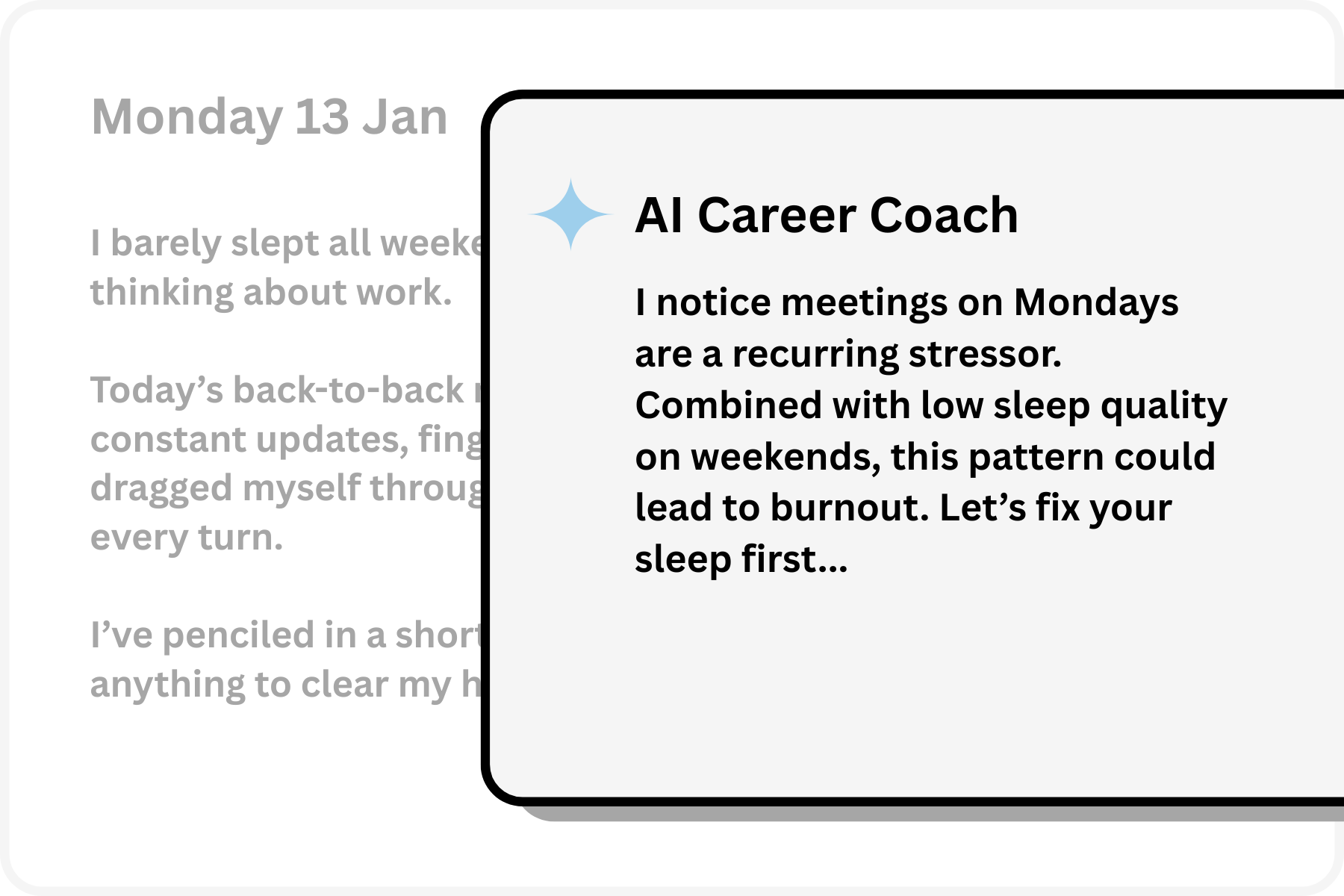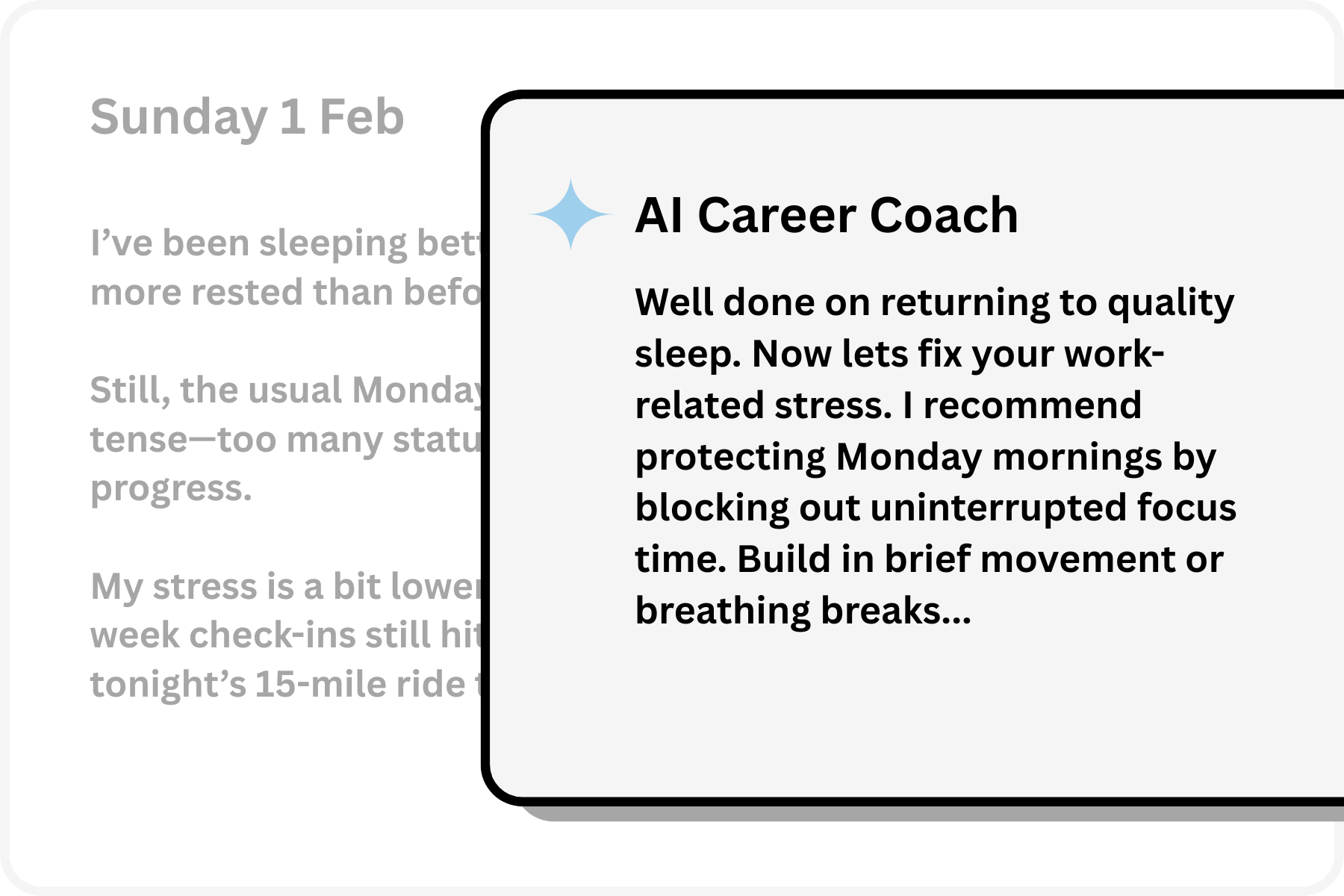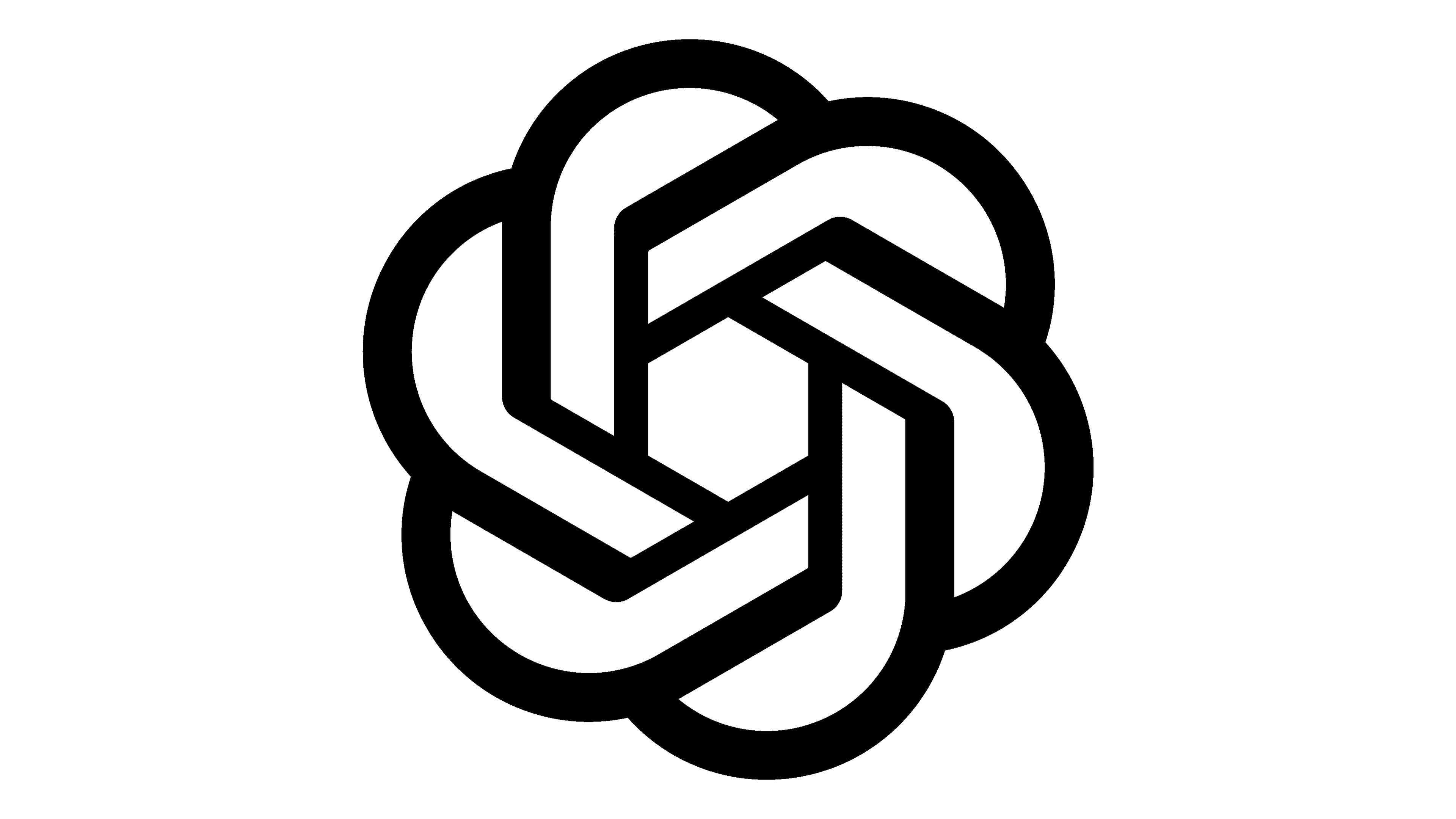Make Better Life Decisions
Use Living Journal for journaling, and let your AI advisors analyse, reveal patterns and suggest actions.
More Than a Journal
This is complete toolbox for journaling, analysis, and guidance. It is your space for achieving clarity and momentum.
Journal
Write your thoughts, feelings, and experiences in a safe, private space.
AI Advisors
Personalised insights from AI advisors. Use ours or create your own.
Habit Tracker
Turn insight into action. Coming soon.
Write, or Speak
Use what's most natural to you. Living Journal turns your spoken words into text.
The More You Journal, The More It Understands You



Privacy First
🔒All your journal entries are protected with end-to-end encryption. Nobody can read them, even if they manage to get a copy of our database. Not even us. And your data is never used for training any AI.
Living Journal vs. ChatGPT

We love and use ChatGPT. But journaling with it is a different experience.
A Journaling Space
Living Journal is built solely for journaling. Keep your reflections separate from everyday ChatGPT chats.
Choose Your LLM
Don't trust OpenAI? We also support LLMs from Anthropic, Meta, and X. We will have open source ones coming soon!
Write Once
All our AI advisors read the same entries. With ChatGPT you must copy-paste into new threads.
Made For Journaling
A clean, focused interface designed specifically for writing and reviewing journal entries.
Coming Soon: App Integrations
Sync with health data, habit trackers, and more for richer, personalized guidance that ChatGPT can't provide.
Pricing
It's FREE now, while we are still working on making this the best journaling app it can be.
You must use your own OpenAI API key. But we will be introducing a paid plan soon.
Frequently Asked Questions
Is my data really private?
Absolutely. As soon as your journal entries leave your device, they are encrypted—and stored encrypted in our database. Any generated AI advice is encrypted too. We can't read them, and neither can anyone else.
What kind of insights can I expect?
That's up to you. We provide 5 Advisors to start: business, career, nutrition, fitness, and mindfulness. But you can create as many as you like.
Can I create my own AI Advisors?
Yes! Give it a persona, tell it what you want it to do, and specify the format of the advice you want.
I hate typing. Can I speak to my AI Advisors?
Yes! We have a voice-to-text feature so you can speak your journal entries and have them transcribed.
Do you have a mobile app?
Not yet, but we're working on it. The web version is fully responsive and works on all devices.
How do I use Living Journal?
Write your journal entries and review them with our AI advisors. You can also use it to track your habits and goals.
I want to use this for my business/team.
Great use case. Email us at farez@redkeydigital.com and we can discuss your needs.